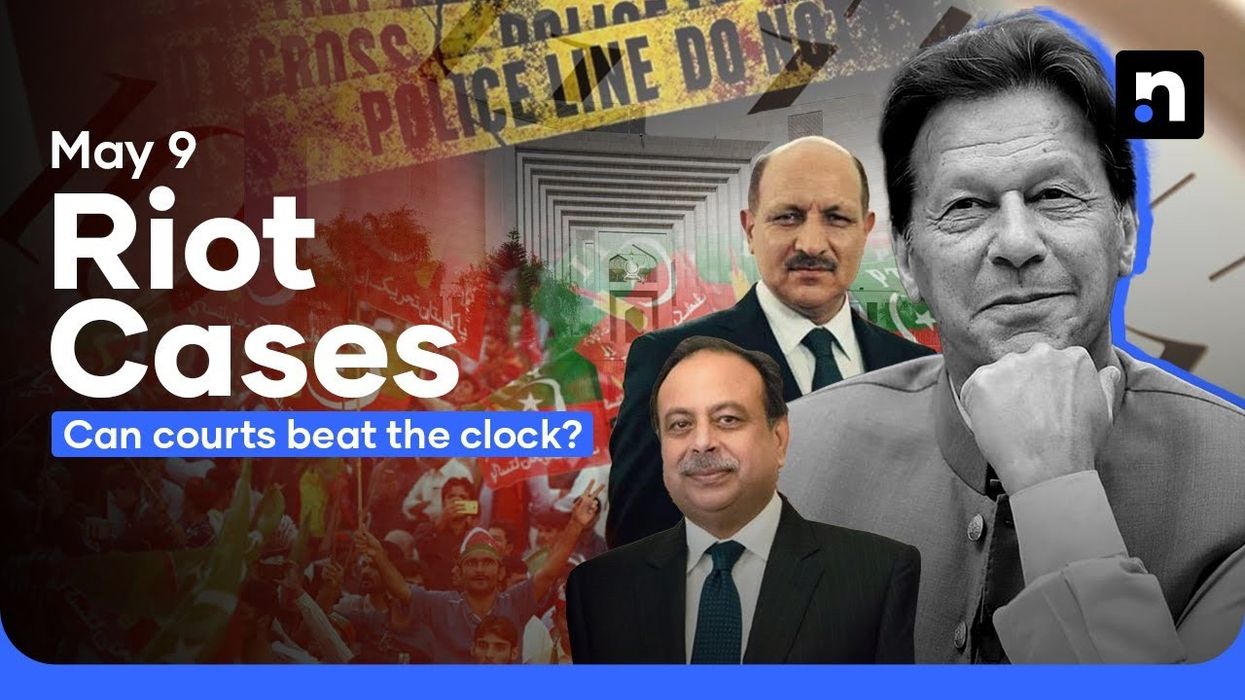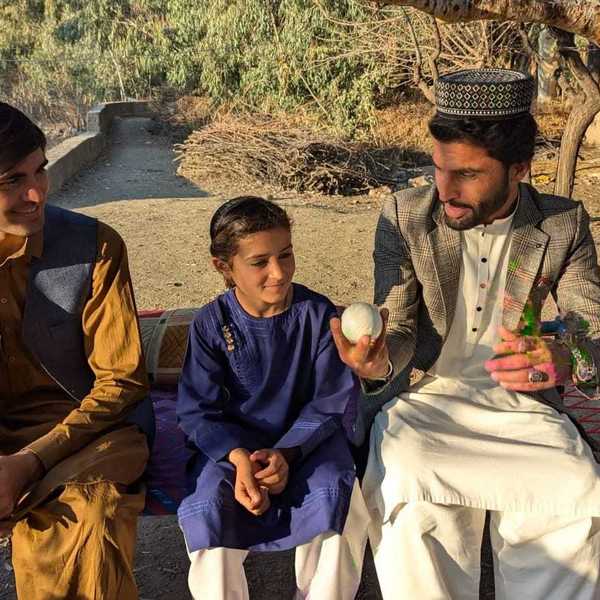Can May 9 trials be concluded in 4 months? Experts weigh in
We asked legal experts whether this deadline is realistic and what it means for the rights of the accused
News Desk
The News Desk provides timely and factual coverage of national and international events, with an emphasis on accuracy and clarity.
Pakistan’s Supreme Court has directed all trial courts to conclude cases related to the May 9 riots within four months. We asked legal experts whether this deadline is realistic and what it means for the rights of the accused.
Q: Is the Supreme Court’s four-month deadline realistic?
Shah Khawar, former Lahore High Court judge:
When the Supreme Court issues such a deadline, it's more of a preference than an absolute command. With thousands of accused in the May 9 cases, it's practically not possible to wrap up all trials in four months.
If trial judges find it unfeasible, they can request an extension through the Supreme Court registrar.
Ashtar Ausaf, former Attorney General of Pakistan
We’ve done this before. When I was prosecutor general, we directed courts in every district in Punjab province to conclude cases in 4–5 days. After that, the crime rate dropped.
This is a welcome step. Speedy trials are a right of the accused and the government now has a chance to set a strong precedent under criminal procedure law.
Q: How will courts manage the heavy caseload to meet this deadline?
Shah Khawar:
These are treated as “direction cases” — meaning they are prioritized over routine cases. That speeds up the process.
Ashtar Ausaf:
In the UK, when similar situations arose, courts were opened in the evening to fast-track cases. This is not extraordinary.
Speedy trials are a fundamental right — if someone is to be acquitted, why should they languish in jail? If convicted, they deserve the right to appeal. If the will exists, it can be done.
Q: Could this push for speedy trials compromise the right to a fair trial?
Shah Khawar:
When mobs are prosecuted collectively, it’s hard to apply standard rules of evidence collection. Proving individual responsibility becomes difficult. That can impact fairness.
Ashtar Ausaf:
Speedy trial doesn’t mean skipping due process. The state must present evidence before the accused can defend themselves.
Fair trial also includes choosing a lawyer, witness protection, and ensuring the prosecution doesn’t delay. These must go hand-in-hand with urgency.
*The comments have been edited for clarity and brevity








Comments
See what people are discussing